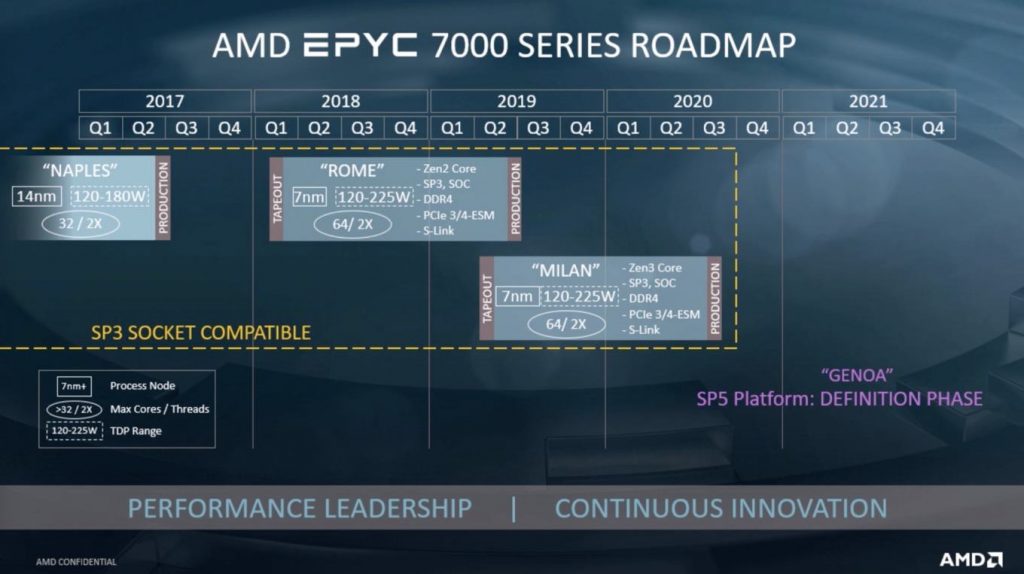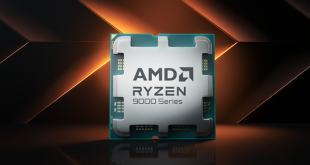New rumours about AMD Epyc Milan suggest that this architecture will offer a performance bump of up to 20% compared to its predecessor. Other improvements should also come with Epyc Milan, including the reorganisation of the L3 cache on each CCX, and an IPC increase over the Epyc Rome.
AMD stated more than once that Zen 3 processors will be available until this year ends. Officially, we still don't know much about the upcoming processors but based on the slides that HardwareLuxx received, we might be in for a treat. For now, we know that the upcoming Epyc Milan will be based on the 7nm process node, feature up to 64 Zen 3 cores, and support DDR4 and PCIe 4.0.
As per the report, the upcoming Epyc Milan might offer a performance increase of up to 20% compared to the Zen 2-based Epyc Rome. This 20% improvement is expected on the 32C/64T CPUs, while the 64C/128T CPUs should have a performance bump of about 10% to 15%. Higher core count processors have an inferior performance improvement because AMD lower core count processors reach higher clocks, which makes the performance gains more noticeable.
IPC will also be boosted by about 15%, increasing the performance on integer workloads. This IPC improvement could also be present in the upcoming Zen 3-based Ryzen Vermeer processors, given that this is mostly associated with the cores themselves. The slides also mention the changes in the structure of the Core Compute Die (CCD) and on the CCX (Core Compute Complex). The Zen 3 processors will reportedly feature a shared 32MB of L3 cache on each CCX for all the cores, unlike the Zen 2 processors which feature two segments of 16MB of L3 cache.
These slides also mentioned AMD's Genoa architecture, which will be based on the SP5 platform. Apparently, it will use 5nm Zen 4 cores, and it might support DDR5, PCIe 5.0, and Persistent Memory (NVDIMM-P). With the introduction of DDR5, AMD will have to drop the compatibility with previous platforms. Another interesting bit mentioned in the slide is that Genoa will ship with over 64 cores, increasing the maximum TDP to 240W.
KitGuru says: Do you think the performance improvement from EPYC Rome to Milan will be similar to between the Ryzen 3000 series and Ryzen Vermeer CPUs? Is 10% to 20% extra performance enough to justify a CPU upgrade?
 KitGuru KitGuru.net – Tech News | Hardware News | Hardware Reviews | IOS | Mobile | Gaming | Graphics Cards
KitGuru KitGuru.net – Tech News | Hardware News | Hardware Reviews | IOS | Mobile | Gaming | Graphics Cards



